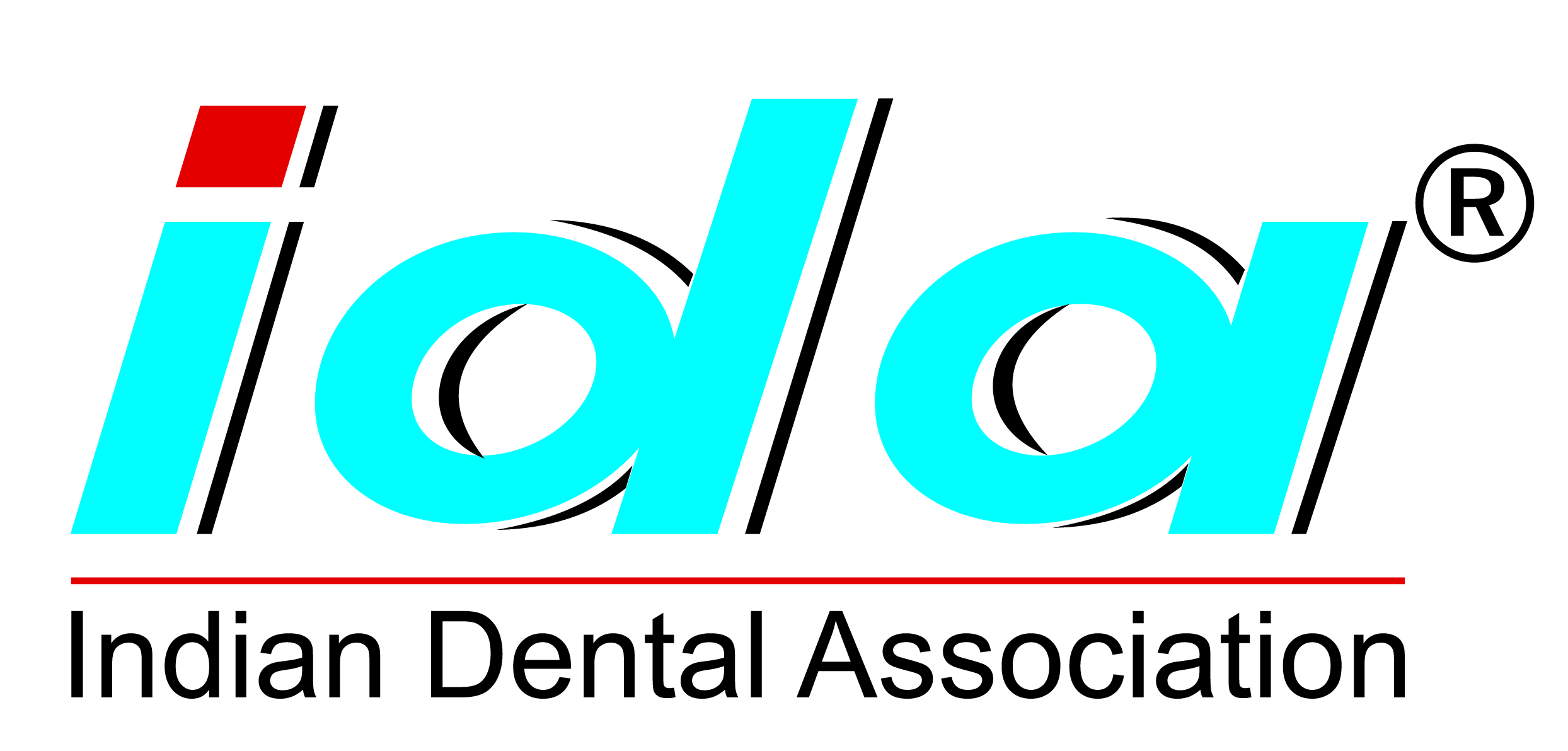When the clientele of a dental practice dwindles, or the owner unexpectedly dies
or becomes unable to continue practicing dentistry, it may be necessary for that
established dental practice to close. It is highly advisable that a dentist, while
healthy, leave instructions in his will or with his lawyer to indicate the wishes
on how to handle a business closure in the event of his death.
-
Contact the landlord immediately to negotiate the termination of the lease if you
do not own the building. Regardless of bankruptcy, retirement or death of the owner,
the estate could be responsible for paying the remainder of the lease term. Exceptions
can be made on a case-by-case basis, depending on the landlord, court and your situation.
Hire legal experts, if possible, as contract breaches are often difficult situations.
-
Inform all employees of the pending closure and give notice of their final day of
employment. When possible, extend a 90 day notice, or an adequate severance covering
the same period to enable them to find new jobs. Employees are often the most surprised
at the closure of a business.
-
Contact all of your active and inactive patients well in advance of the closing
date, announcing your intent to close a dental practice. Invite each patient to
come in and pick up a copy of their patient records, or offer to transfer them to
another dental office. A newspaper announcement can suffice as notice. Keep all
original records with the dentist or his estate.
-
Inform all patients with ongoing treatment that their cases will either be concluded
by you personally during the remaining time, or refer them to a dentist who is capable
of completing their treatment. Without proper referrals, patients can claim abandonment.
Send a copy of the patient's record to the new office, and encourage the patient
to make an appointment. Do not start any new cases that cannot be completed in a
minimal number of visits.
-
Print out and store all business-related information. While you must legally keep
some information for seven years, you are required to keep other items permanently,
like insurance claims and financial statements.
-
Find a market for the dental equipment in the practice. Newer items in good to excellent
condition tend to have a high market value, and older items, regardless of condition,
may have no value at all. When in doubt, contact an appraiser. What cannot be sold
may be of some use to scrap metal dealers. Check your area's environmental laws
regarding the disposal of chemicals and do not sell these items.
-
Notify the Indian Dental Council (IDC) immediately, in writing, that you will close
your business. Inform the state licensing board as well as any dental societies
you are a member of that the practice will be closing.
-
Use an accountant to figure out all accounts receivables and payables. Assess ongoing
payment plans to figure out what money is owed to you account balances. Contact
all creditors, vendors and suppliers to calculate current balances, and pay them
off as soon as possible. Send out billing notices for payments owed to the business,
and provide them with a new mailing address.
-
Contact all contracted insurance companies and trace pending payments. Inform them
of the date on which the contract will be terminated, and advise them of the new
address of payment forwarding. Do the same for any and all insurance or payment-
assisting companies who owe payments to the practice.
-
Terminate all work-related insurance policies like worker's compensation or business
liability insurances. Make the effective date the last day of business. Verify with
the insurance company, but your professional liability insurance (malpractice) should
cover you for all claims that could arise in the future for work completed prior
the last day of business.
-
Settle all past or future payments for your employees who are still working.





